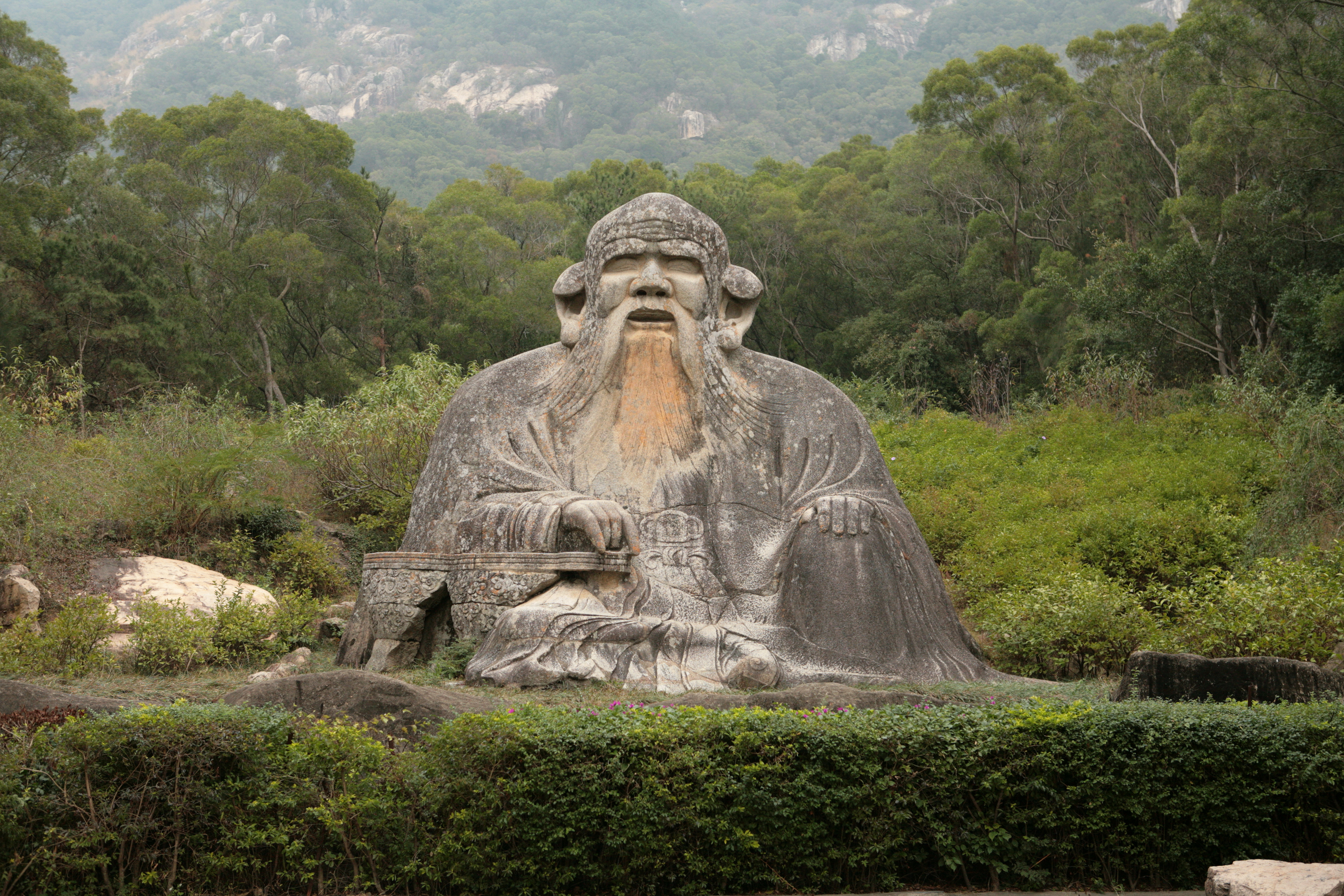 |
| Forest Fire Blazing Through an Evergreen Forest |
It was the worst job I've ever had in my life.
 |
| Forest Fire Regrowth |
It was the second worst job I've ever had.
In the coursework an interview with Parker Palmer captured much of what I kept seeing:
"I think, in fact, that the work place has become the battlefield of many peoples’ lives. The place where they feel violence done to their identity and integrity as they become cogs in a machine, or deployable resources and replaceable resources used simply on behalf of some organizational goal or ulterior motive. And that’s not a nice way to be in the world, that’s a way that murders the spirit and actually if you translate it in terms of organizational bottom line, gets worse work out of people that you would if you extended them respect at least, if not full reverence."I wanted to leave this job and despite a growing fatigue I could not get past the interview and in all honesty I didn't want the jobs I was interviewing for. But I did begin to see each interview as practice--and through practice I learned to research the organization more intensely and ask the questions I wanted answers to. In the midst of these struggles I had to learn to apply new leadership principles--like the ones I've expressed in this blog. In his interview Palmer may as well have been speaking to me:
"A leader has to take his or her community, or his or her organization or group through a rough passage, through white water to get to the other side, to get to the place where we can all acknowledge that God ain’t finished with any of us yet. That we’re broken, that we’re all works in progress and we need each other to help put the pieces together, to help make something better happen. "I began to change my tactics. I found those people who were doing their best and I encouraged them and formed community with them. I spent my time differently; I focused exclusively on doing tasks that made me better and better at what I do--and I let the rest go. I made decisions no one had made before and I stood by them. I refused to participate in abusive situations. I made peace with the organization.
The day before graduation I was offered a promotion in the progressive organization (amongst my research and interviews) I found most fitting.
I start tomorrow.















